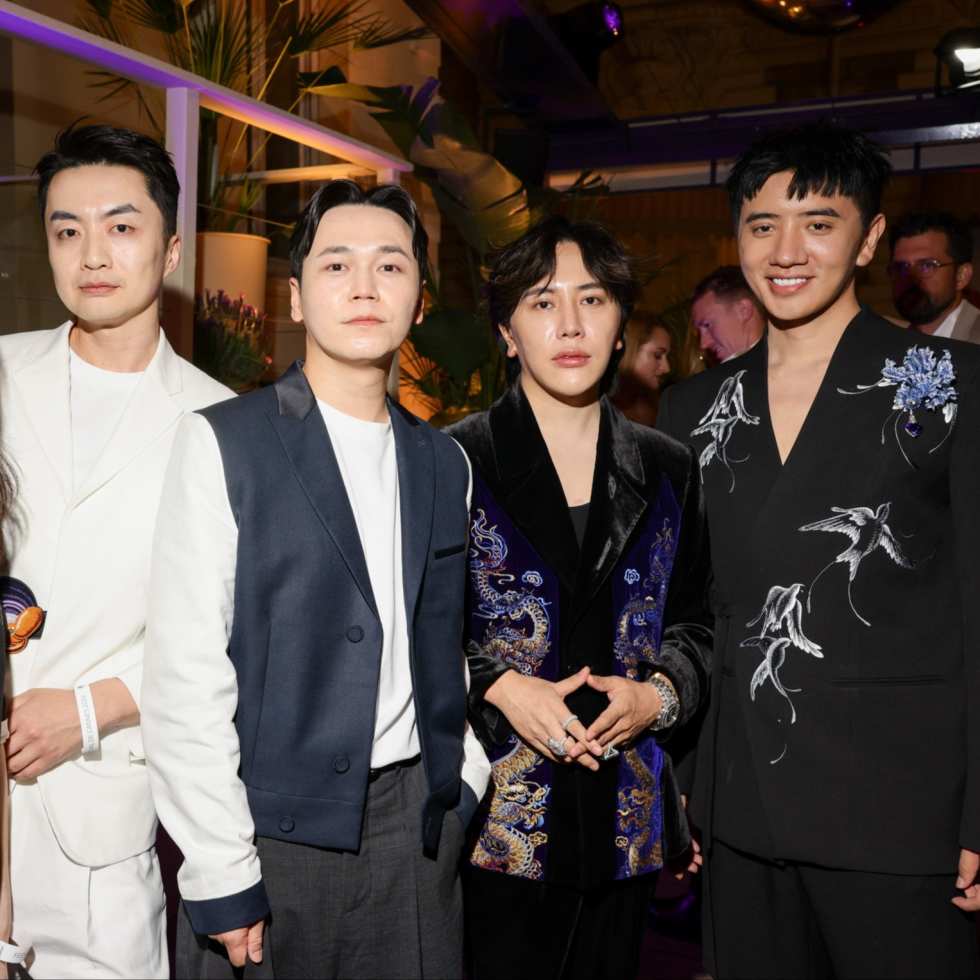CELEBRITY
China’s online ‘Kim Kardashian’ banned for being too ostentatious

Please use the sharing tools found via the share button at the top or side of articles. Copying articles to share with others is a breach of FT.com T&Cs and Copyright Policy. Email licensing@ft.com to buy additional rights. Subscribers may share up to 10 or 20 articles per month using the gift article service. More information can be found here.
https://www.ft.com/content/aa8f30f4-d3ef-4188-b64d-82bab354f187
An influencer nicknamed “China’s Kim Kardashian” for his extravagant outfits and displays of wealth has been banned from Chinese social media networks along with dozens of others who bragged about splurging on luxury goods. The abrupt online disappearance this week of Wang Hongquanxing, who once boasted he never left home in jewellery and clothes worth less than Rmb10mn ($1.4mn), is part of the government’s latest campaign to maintain its dominance over China’s vibrant social media culture.
Please use the sharing tools found via the share button at the top or side of articles. Copying articles to share with others is a breach of FT.com T&Cs and Copyright Policy. Email licensing@ft.com to buy additional rights. Subscribers may share up to 10 or 20 articles per month using the gift article service. More information can be found here.
https://www.ft.com/content/aa8f30f4-d3ef-4188-b64d-82bab354f187
Wang and the other influencers, known for their short videos, were banned by multiple Chinese social media platforms, including Weibo, Douyin and Xiaohongshu after the internet regulator announced a drive against “creating ostentatious personas”. Profile pages for Wang, whose real name is Wang Hongquan, were declared inaccessible due to “violation of self-discipline” rules. “This is a highly visible spectacle that reminds people of the authority’s power,” said Carwyn Morris, assistant professor of digital China at Leiden University. For the Communist party government, the crackdown had the advantage that many would see it as ethically justified, he said. “It is likely that many people do see this sort of content as vulgar, particularly during an economic slowdown,” Morris said. “So this conduct makes the authority seem more moral and upstanding in their actions.” China’s economy grew at an annual rate of about 5 per cent in the first quarter, but analysts say other indicators show real conditions are tougher than the headline figures would suggest, making the authorities even more sensitive to any sources of possible discontent.
The campaign started in April, when the Cyberspace Administration of China, the internet watchdog, announced it would curb behaviour such as “deliberately showcasing a lavish lifestyle built on wealth”.
Please use the sharing tools found via the share button at the top or side of articles. Copying articles to share with others is a breach of FT.com T&Cs and Copyright Policy. Email licensing@ft.com to buy additional rights. Subscribers may share up to 10 or 20 articles per month using the gift article service. More information can be found here.
https://www.ft.com/content/aa8f30f4-d3ef-4188-b64d-82bab354f187
Internet platforms responded last week by vowing to crack down on “extravagance and waste” and “ostentation and materialism”. “Once materialism starts spreading, it can have a bad influence on teenagers . . . Hence this trend of luxury on the internet needs to be stopped,” state media Beijing News wrote on Wednesday. The 31-year-old Wang had 4.3mn followers on Douyin, China’s version of TikTok, Chinese online magazine Sixth Tone reported. He would appear online dripping with jade and pink diamonds and once boasted he owned seven luxury apartments in Beijing. Other influencers also banned included “Sister Abalone”, a middle-aged wealthy socialite who gave her more than 2mn followers online tours of her palatial Macau homes, and “Mr Bo”, a luxury goods junkie with nearly 3mn followers. Showing off his purchases of high-end fashion, Mr Bo carried his dogs around in designer bags, Chinese news website The Paper reported, and for his 25th birthday bought a customised Rolls-Royce Cullinan. Travelling first class, he shopped at luxury stores around the world, obsessing over Hermès products in particular, according to state news outlet Hongxing News. Beijing’s campaigns to control social media figures date back at least to 2012, when it shut down the accounts of popular opinion leaders, said Luwei Rose Luqiu, an associate professor at Hong Kong Baptist University.









 in comments.
in comments. 




